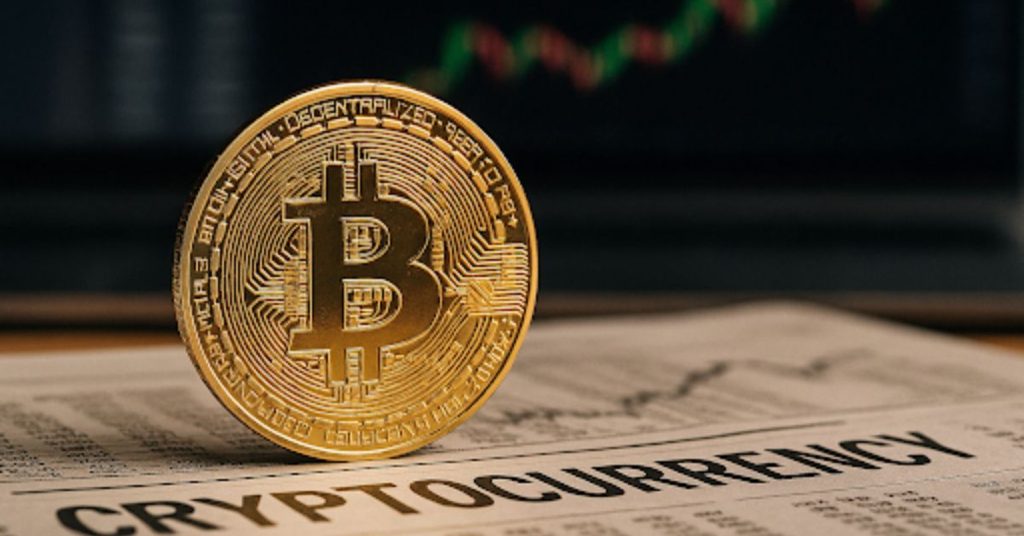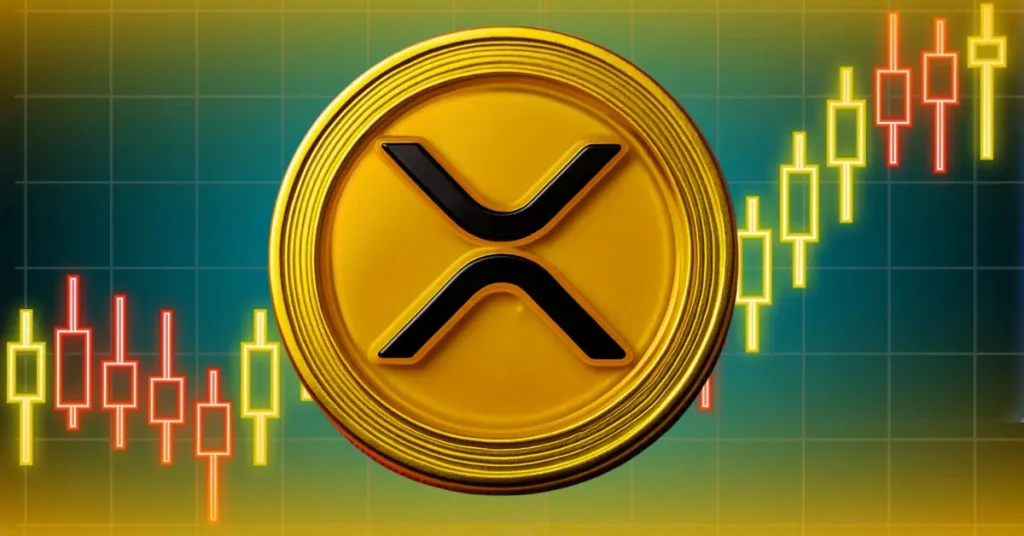Vietnam’s economy is blowing past every forecast, hammering out its strongest performance in years while the country’s stock market rockets to new heights.
This all comes just months after U.S. President Donald Trump hammered Vietnam with a sweeping 46% tariff on imports, branding it a “reciprocal” penalty for what he called an unfair trade advantage.
Despite that blow, Vietnam has not only kept its economic engine running, it’s accelerated. And according to Bloomberg, it’s also managed to strike some kind of deal with Trump’s administration, though no one in Washington or Hanoi is sharing the fine print.
This week, the VN Index surged to an all-time high after Vietnam got reclassified as an “emerging market” by FTSE Russell, upgrading it from “frontier” status. That move came after years of market reforms pushed by the ruling Communist Party.
Party General Secretary To Lam, who took power last year after the death of his predecessor Nguyen Phu Trong, is behind the reforms. The change from “frontier” to “emerging” means Vietnam is now seen as less volatile and more reliable, opening the floodgates to big global investors who were previously sitting on the sidelines.
Lam, 68, has been busy since stepping in; he’s dismantled huge chunks of Vietnam’s bloated public sector. Ministries have been merged. Thousands of bureaucrats have either been laid off or nudged into early retirement. An entire level of local government has been disbanded . And the state-controlled media has been trimmed down.
Lam first gained national attention leading a massive anti-corruption campaign that forced out two presidents and three deputy prime ministers. That purge is still rolling. And while some businesses are cheering for more transparency, others are paralyzed by fear of stepping on the wrong toes.
Lam ramps up economic reforms before party congress
Lam’s biggest move so far is pushing through “Resolution 68,” a new doctrine approved by the Communist Party Central Committee in May. It declares the private sector “one of the most important driving forces of the national economy.”
That statement shook up the old order, but not everyone knows what it actually means yet. Some companies are waiting for clearer rules before moving forward with deals or hiring. Lam’s team now faces the challenge of preventing the recent shake-ups from clogging decision-making and slowing down investment approvals.
That uncertainty comes at a time when foreign direct investment is still climbing. Disbursed FDI hit $18.8 billion between January and September this year, an 8.5% increase over the same period last year.
Most of that went into manufacturing, where factories scrambled to hit export targets before Trump’s tariffs kicked in this August. Those emergency production sprints helped drive GDP growth up 8.23% in the third quarter. It’s Vietnam’s highest quarterly jump since 2022.
Vietnam’s trade surplus with the U.S. is also getting Trump’s attention. It stood at $123.5 billion last year, trailing only China and Mexico. That’s one of the reasons Trump slapped on the 46% tariff, calling it a fair response to what he claimed were lopsided trade flows.
He also set a 20% levy under a still-unpublished bilateral trade agreement and proposed an additional 40% penalty on trans-shipped goods, products that pass through Vietnam on their way from China to the U.S. That last measure is vague, and even American officials don’t seem to know how it will be enforced.
Stock market surges while IPOs attract global attention
Despite the trade tension, Vietnam’s capital markets are booming.IPOs from Vietnamese companies have raised more money this year than new listings in London. And Hanoi just passed a fresh batch of reforms aimed at loosening rules for international investors.
That includes eliminating foreign ownership caps in some sectors and simplifying listing procedures to draw in more global capital.
The party congress, which happens once every five years, is set for January. Lam’s future will likely be decided there. Until then, the government is walking a tightrope between speeding up reforms and not scaring off officials who still hold power in various ministries.
Le Dang Doanh, a former government adviser based in Hanoi, said departments are stuck in limbo. “Improving the quality of public investment is important,” he said, “but there has to be a clear embrace of openness and transparency.”
Vietnam is now positioned as a real rival to China for manufacturing and exports, but it’s got a balancing act to pull off. Let’s see if it succeeds.
Sharpen your strategy with mentorship + daily ideas - 30 days free access to our trading program
















 English (US)
English (US)